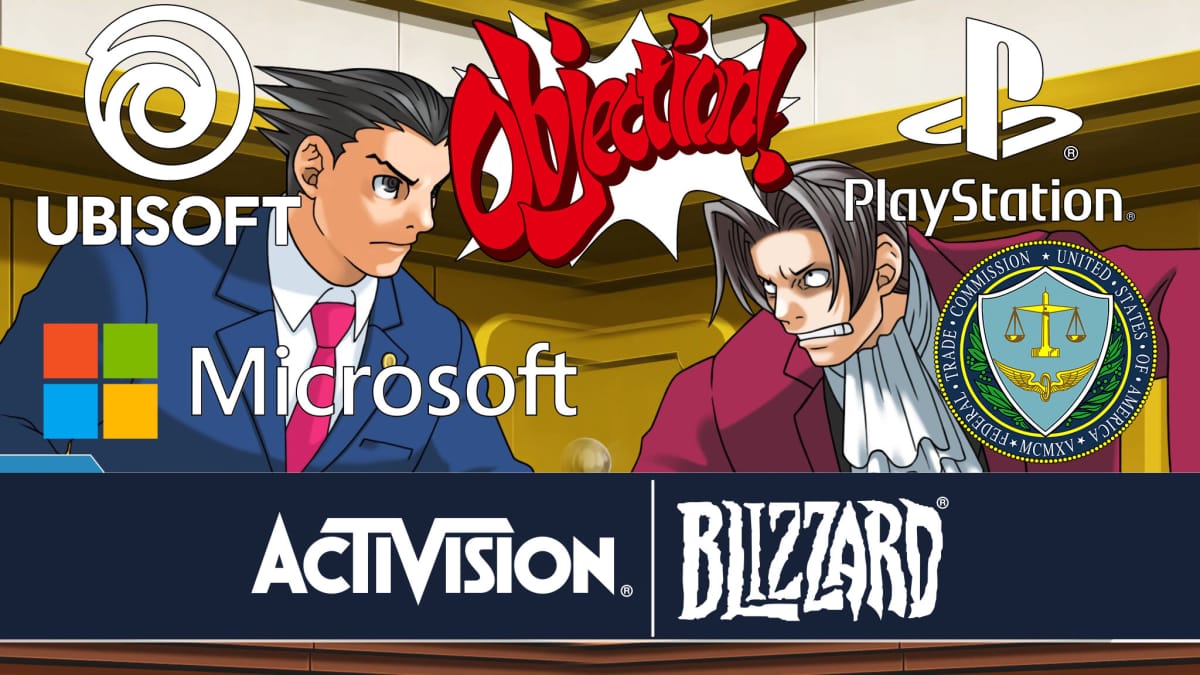Microsoft and the Federal Trade Commission are trading procedural blows in the legal battle over the $68.7 billion acquisition of Activision Blizzard, with Sony and Ubisoft dragged into the fighting as the parties prepare to pledge their cases in front of the FTC's own administrative law judge.
A few days ago, Administrative Law Judge Michael Chappell denied a request by Microsoft's counsel to enforce subpoenas that would have pushed Sony to provide more documents on the deal.
Yet, Microsoft isn't giving up on its attempt to do its own digging into Sony and Ubisoft's side of the deals that paved the way to Call of Duty remaining on PlayStation and the acquisition as a whole.

Microsoft has now filed a new request with the Judge, asking to be granted the ability to serve subpoenas ad testificandum to both Sony and Microsoft.
The purpose is "to question Sony and Ubisoft witnesses on, among other topics, the negotiations over the respective agreements; the financial and other impact of the agreements; how the agreements are being implemented by the third parties; and the third parties’ understanding of the terms of the agreement."
The FTC has already communicated that it intends to oppose this motion arguing that Microsoft is trying to deprive the FTC's counsel of deposition time, a notion which Microsoft rejects.
Microsoft apologizes to the court for misreading a previous order in which the Judge allowed the FTC's counsel only to send subpoenas to Sony and Ubisoft. Microsoft's counsel believed this opened the way for them to serve their own subpoenas as well, which the Judge ruled against.
The counsel of the House of Xbox argues that its motion is to be granted on fairness grounds, on top of relevance to the case.
As a matter of fairness, Microsoft should be entitled to conduct discovery to address any concerns about the Ubisoft and Sony Agreements raised by Complaint Counsel. When one party is granted to leave to reopen discovery into an issue, it would be “unjust” not to allow discovery by the opposing party “within the same boundaries [previously] granted.
Microsoft's goal with this motion is "to seek balanced discovery so that it can counter any suggestion that the agreements [with Sony and Ubisoft] are inadequate."
It'll be interesting to see how the Judge will respond to this motion, especially in light of the previous rejection. The FTC's opposition motion should appear soon as well. Once again, the deals with Sony and Ubisoft promise to be one of the focal points of this legal battle.
This is all happening even though the acquisition has been closed, and Microsoft is already at work to further integrate Activision, Blizzard, and King's management within its own.







